Highlights
how and when should it be mandated to reveal whether content was created by AI?
In the rapidly evolving landscape of artificial intelligence (AI), one of the most contentious issues confronting legal scholars, policymakers, and tech innovators alike is the question of AI-generated content and its copyright status. As AI systems become increasingly sophisticated, capable of producing artworks, literature, and music indistinguishable from human creations, the traditional frameworks of copyright law are being challenged in unprecedented ways. At the heart of this debate lies the concept of disclosure—how and when should it be mandated to reveal whether content was created by AI?
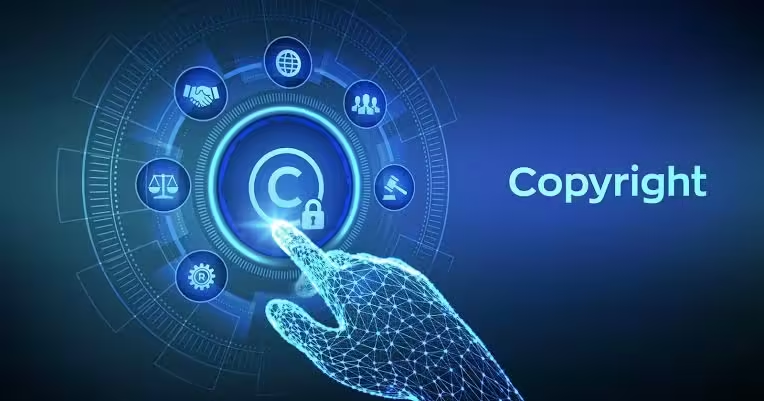
The Rise of AI-Generated Content
AI technologies, particularly machine learning algorithms like deep neural networks, have reached a level where they can autonomously generate complex and creative outputs. From generating music compositions and writing poetry to producing visual arts and even writing code, AI systems are blurring the lines between human creativity and machine output.
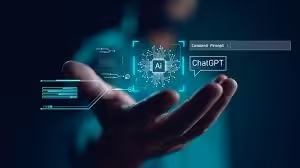
This technological advancement has raised fundamental questions about intellectual property rights. Under existing copyright laws in most jurisdictions, original works created by humans are automatically granted copyright protection to their creators. However, when AI is the creator, identifying the rightful copyright holder becomes ambiguous. Should it be the AI system itself, its programmer, or the entity that owns and operates the AI?
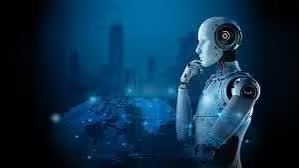
The Call for Disclosure
To address these uncertainties, a growing number of voices in legal and tech circles advocate for mandatory disclosure of AI-generated content. The rationale behind this proposal is twofold: first, to clarify the origin of creative works for copyright purposes, and second, to ensure transparency and accountability in the digital age.
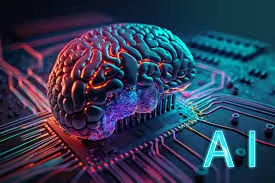
Legal and Ethical Considerations
Ownership and Attribution: Disclosure would help determine who holds the copyright—whether it’s the AI system developer, the organization deploying the AI, or potentially the AI system itself. This clarity is crucial for both protecting creators’ rights and ensuring fair compensation for their work.
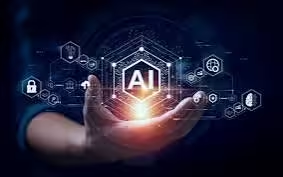
Consumer Awareness: For consumers and users of AI-generated content, knowing whether a piece of art or literature was created by AI could impact perceptions of authenticity and value. Disclosure allows individuals to make informed decisions about how they engage with and attribute creative works.
Policy Implications: Policymakers are grappling with how to update copyright laws to accommodate AI-generated content. Disclosure requirements could be a step towards creating a legal framework that balances innovation with intellectual property protection.

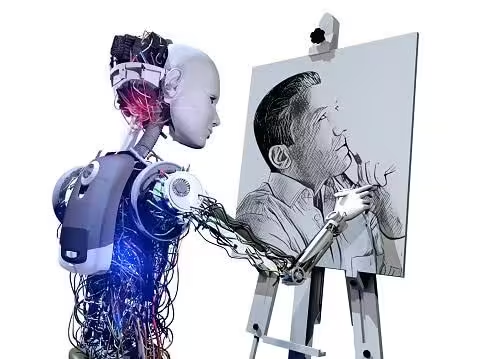

[…] how and when should it be mandated to reveal whether content was created by AI? […]
[…] how and when should it be mandated to reveal whether content was created by AI? […]